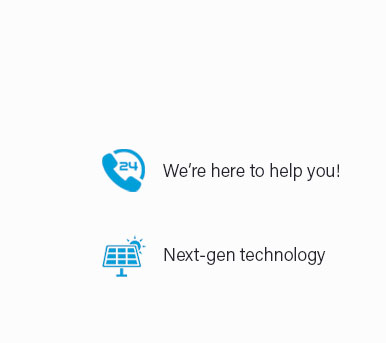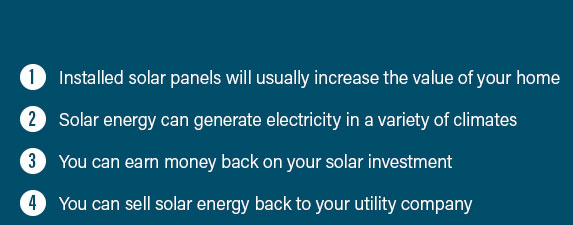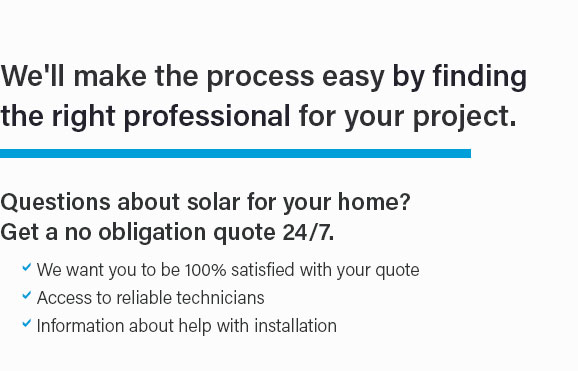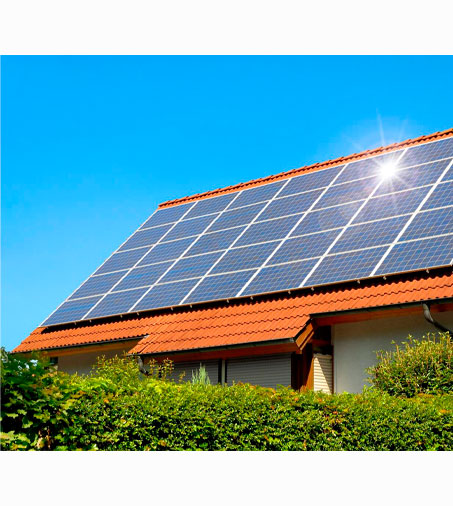 |
 |
 |
 |
 |
 |
 |
 |
 |
 |
 |
 |
 |
 |
|
 |
 |
 |
Installing Solar Panels at Home: A Comprehensive GuideAs the world steadily marches towards sustainable energy solutions, the decision to install solar panels at home has become increasingly popular among homeowners. This transition not only reflects a growing environmental consciousness but also offers a range of practical benefits. Solar panels, once a niche market, have now become accessible, efficient, and a wise investment for many. In this article, we will explore the various facets of installing solar panels at home, examining the economic, environmental, and practical aspects of this transformative decision. Firstly, let us delve into the economic advantages of solar panel installation. The initial cost of purchasing and installing solar panels can be substantial, yet this expenditure is often offset by the significant savings on electricity bills over time. Many homeowners report a reduction in their energy costs almost immediately after installation. Additionally, numerous governments offer incentives, tax credits, and rebates to encourage the adoption of solar energy, further enhancing its financial viability. The return on investment can be quite attractive, with some estimates suggesting that homeowners may recoup their initial costs within just a few years. Beyond economics, the environmental impact of solar panels is noteworthy. By harnessing the power of the sun, homeowners can significantly reduce their carbon footprint, contributing to a reduction in greenhouse gas emissions. This shift to renewable energy is a crucial step towards combating climate change, a topic that is increasingly pertinent in today's global discourse. Moreover, solar energy is a sustainable resource, meaning that it does not deplete the earth's natural reserves, thereby offering a cleaner, greener alternative to fossil fuels. From a practical perspective, the process of installing solar panels has become more straightforward and less intrusive than ever before. Modern solar panels are designed to be durable, efficient, and aesthetically pleasing, integrating seamlessly with the architecture of most homes. The installation process, typically carried out by professionals, involves an assessment of the roof's orientation and structure to optimize energy capture. Advances in technology have also led to the development of solar battery storage systems, which allow homeowners to store excess energy for use during cloudy days or at night, further maximizing the efficiency and reliability of solar power. However, it is essential to consider several factors before embarking on the solar panel installation journey. Homeowners should evaluate their energy needs, roof condition, and local climate, as these elements can influence the effectiveness and suitability of solar panels. Consulting with a reputable solar energy provider can provide valuable insights and help tailor the installation to meet specific requirements. Additionally, understanding the maintenance requirements, such as periodic cleaning and system checks, can ensure the longevity and optimal performance of the solar panels. In conclusion, the decision to install solar panels at home is one that involves careful consideration but offers substantial rewards. By investing in solar energy, homeowners not only contribute to a sustainable future but also enjoy long-term economic benefits and increased energy independence. As technology continues to advance and the global focus on sustainability intensifies, solar panels are poised to become a cornerstone of modern, eco-friendly living. Embracing solar power is not just a smart choice for the present but a legacy for future generations. https://blog.ecoflow.com/us/cost-to-install-solar-panels-yourself/
On average, DIY solar panel installation costs between $7,000 and $18,000, depending on the size of the system. If you have the knowledge, ability, and time to ... https://www.youtube.com/watch?v=DIkCQ1NU1E0
Why people are installing solar at home: cost savings, sustainability, security - The basic components of a solar power system: solar panel, ... https://www.quora.com/How-much-does-it-cost-to-install-solar-panels-on-a-typical-US-home-Are-there-any-other-advantages-disadvantages-of-having-them-installed-vs-say-a-windmill-system-instead
The solar panel is generally between $0.6 and $1/W. You can calculate based on your actual electricity consumption. Of course, this does not ...
|